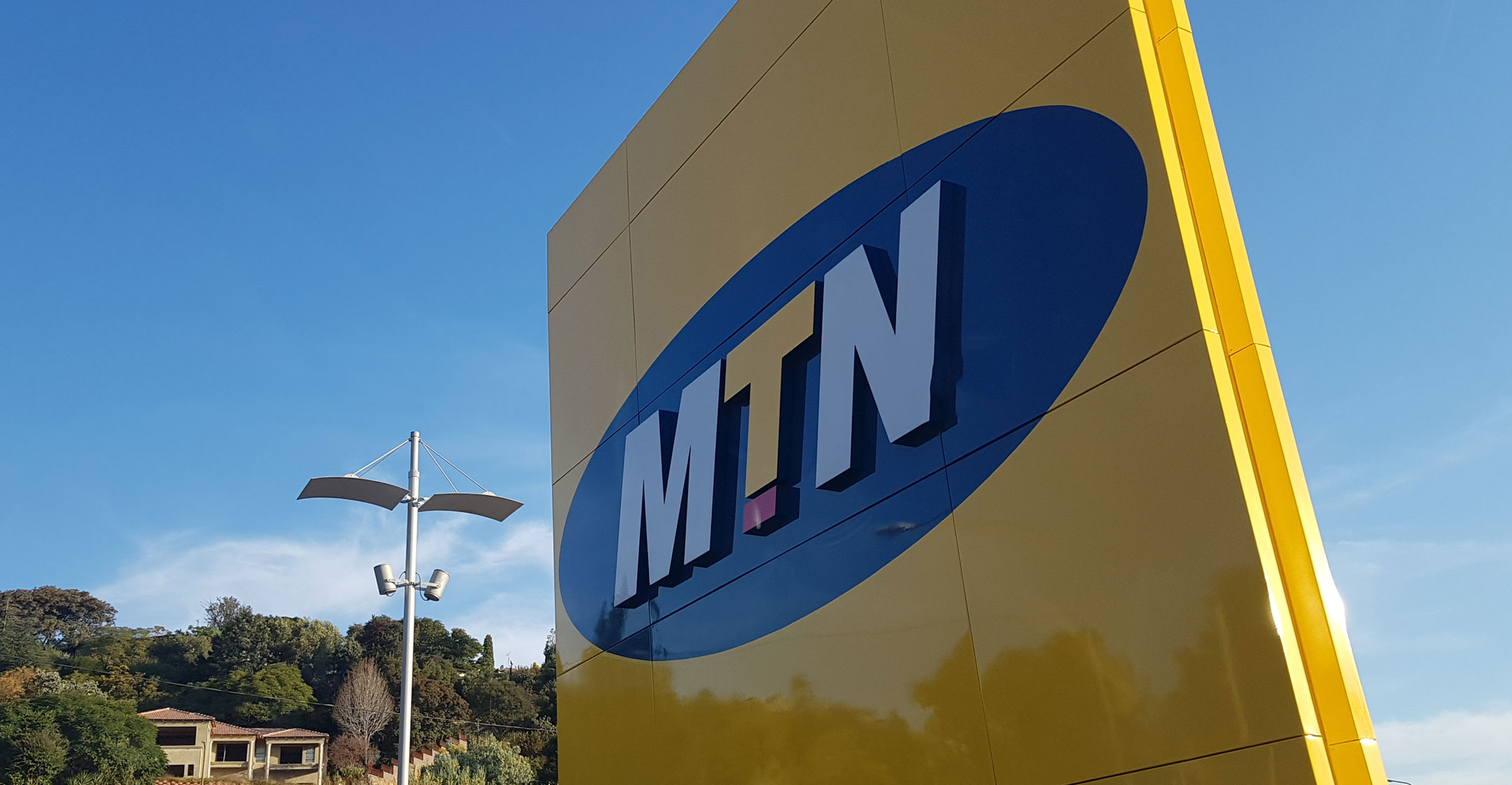 Between 6 March, the day before MTN announced its results for the year to December, and 9 May, when it published a first-quarter trading update, its share price has increased by 36% from R76.06 to R103.45.
Between 6 March, the day before MTN announced its results for the year to December, and 9 May, when it published a first-quarter trading update, its share price has increased by 36% from R76.06 to R103.45.
This performance, which should be viewed against MTN’s steady decline from a high of over R260 in September 2014, reflects the outcome of a clearly communicated plan to deal with issues that have not sat well with investors for some years.
In March, the group defined its position and outlined its future direction, and a flurry of activity since then — including board changes, positive quarterly update, imminent Nigerian listing and asset disposal programme – has hit the right notes with investors as the price continues its upward trajectory.
It still has a long way to go, given the five-year share price decline of more than 50%.
In the quarter to March, MTN’s group subscribers increased by four million to 236.6 million quarter on quarter, with active data subscribers increasing by 2.6 million to 81.3 million. Active MTN Mobile Money customers increased by 1.2 million to 28.3 million.
The telecommunications giant reported a 10% year-on-year increase in group service revenue to R33.2-billion (MTN South Africa’s service revenue increasing 4.6% to R9.1-billion, with an earnings before interest, tax, depreciation and amortisation (Ebitda) margin of 38.8%.
South Africa, Nigeria
MTN South Africa had 24.1 million prepaid users at the end of the quarter, down almost 5% on the previous quarter, although its 5.9 million postpaid subscribers were up 1.2%. Data and fintech revenue increased by 3.1% and 21.1% respectively, while digital and outgoing voice revenue declined by 35.7% and 4.4%.
MTN Nigeria’s service revenue increased 13.4% to R10.8-billion, with a margin of 53.3%.
In terms of its programme to sell assets, the group signed an agreement with American Tower Corporation to buy out its shareholder loan in ATC Ghana for US$61-million, and is at an advanced stage in disposing of its shareholding in Mascom Wireless Botswana for $300 million.

The listing of e-commerce joint venture Jumia provided a market value for its 18.9% investment, and conversion of MTN Nigeria to a public company was completed ahead of its listing, although its legal woes in Nigeria are likely to drag on.
The quarterly update follows close on the heels of a board shuffle, which includes former deputy finance minister Mcebisi Jonas coming in at the end of this year to replace chairman and long-term MTN director Phuthuma Nhleko.
With analysts calling MTN a buy, hold and sell almost in equal measure, the quarterly update may provide further clarity and add impetus to the swing toward a more positive investor sentiment.
A number of things turned in the right direction following the results announcement in March, says Mergence Investment Managers portfolio manager Peter Takaendesa.
“Firstly, the numbers were stronger,” he says. “Secondly, there has been clear communication on its plans to unlock value in non-core assets. What followed is that the external environment has been helpful, with oil price running and Nigerian currency steady — and elections there went through peacefully.”
With additional positives from the Jumia listing and asset disposal progress, “a couple of things have come together at a time when results are also improving”.
‘Strong position’
“My view is that if there are no other outside shocks, the company is in a strong position and every metric is on the right track,” he says, adding that revenue growth has accelerated and profitability has improved, compared to 2015 to 2018 where many of these metrics have been flat to negative.
An operational turnaround is in progress, and concerns about gearing have received a lot of attention with the result that gearing has been largely reduced. With more disposals coming through, the gearing issue will be almost completely removed.
Governance has also improved, with a new board and advisory committee in place — and the new management team “is delivering in line with strategy and guidance”.
The only unknowns, says Takaendesa, are risks in some markets where there is no quick fix.
- This article was originally published on Moneyweb and is used here with permission




